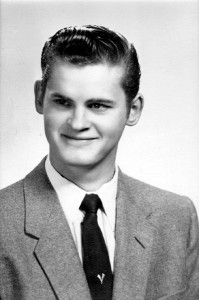The giant cargo ship that blocked the Suez canal in March is no longer holding up billions of dollars in world trade, but it’s still stuck…in legal limbo. It’s currently docked, unmoving, it’s $700 million in containers on deck, while lawyers are battling to fix the blame. And get the billion dollar salvage fee.
The vessel is stuck once more – this time by an almighty international legal row. By mid-April, it had been impounded, with the Suez Canal Authority, or SCA, slapping a claim against its owners in an Egyptian court. The salvage fee? Nearly $1bn. “I’ve seen cases like this but on a much smaller scale,” explains maritime solicitor Jai Sharma of law firm Clyde & Co, which represents the insurers of more than $100 million worth of cargo on board the Ever Given. “What sets this apart is the amount of money being requested – it’s far, far beyond what anyone in our industry would expect.”
With negotiations at an impasse, the Ever Given’s Indian crew remain stuck on board a ship that cannot sail. And there’s only so much work to do for a ship that’s going nowhere. The Ever Given does at least have Wi-Fi to help pass the time and stave off cabin fever. There’s also a toll-free counselling helpline for the crew and their families. “Being in anchorage for so long definitely dampens the spirits,” says Abdulgani Serang, who heads the National Union of Seafarers of India, which has visited the crew on board. “But, in this case, it comes with the baggage of the Suez Canal incident, which adds to their trauma.”
The Ever Given was due to dock at Rotterdam on April 3, where much of its estimated $700m worth of cargo was to be offloaded and forwarded on to the rest of Europe. In the time that it’s idled, more than 4,000 vessels have passed it by on Great Bitter Lake. The delay has been so long that seven crew members have returned home following the end of their contracts. But the SCA’s requirement that the ship is operational means that six replacement seafarers have been drafted in from India – notwithstanding the Delta variant of Covid-19 that has torn through the country.
The amount of money tied up in this one boat is mind-boggling, and the fact that a group of people are trapped aboard the thing by all the legal machinations is depressing. At least I learned the cost of shipping: one 40 foot container (which is big and can hold a lot of merchandise), from China to Europe: $10,522. Out here in the painfully rural Midwest we’ve come to rely on services like Amazon to get our fix of toys and gadgets and useful tools, and it’s daunting to look at the tracking info and see how many of those things come from China — almost everything on my work desk has been on one of these ships or a cargo plane, and was delivered to me from half a planet away. We tend to take the global supply chain for granted, until something disrupts it.








